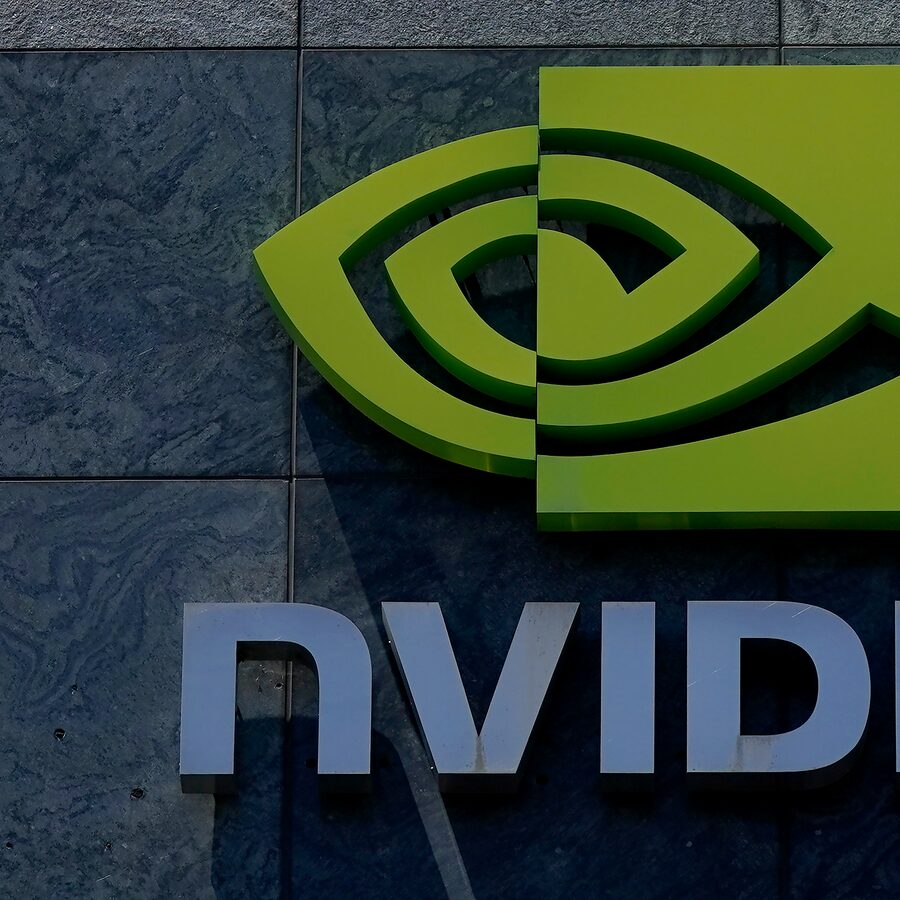At CES 2025, NVIDIA CEO Jensen Huang shared his perspective on the future of quantum computing, offering a cautious yet realistic timeline for the technology’s evolution. Huang estimated that practical quantum computers—machines capable of solving real-world problems at scale—are likely 15 to 30 years away, with 20 years being the most plausible timeframe. His remarks have sparked a re-evaluation of the quantum computing industry and its investment landscape.
The Current State of Quantum Computing
Quantum computing has long been heralded as a transformative technology, capable of solving problems far beyond the reach of classical computers. Applications range from cryptography and drug discovery to supply chain optimization and advanced materials science. Companies such as IonQ, Rigetti Computing, D-Wave Quantum, and Quantum Computing Inc. have made strides in developing quantum hardware and algorithms. However, significant hurdles remain:
- Error Rates: Quantum computers struggle with high error rates, requiring robust error correction methods that are still under development.
- Qubit Stability: Achieving stable qubits, the fundamental units of quantum information, is a major technical challenge, particularly at scale.
- Limited Applications: While quantum computing shows promise, many practical applications are still theoretical or require advancements in software and algorithms.
Despite these challenges, quantum computing continues to attract substantial investment, with governments, private companies, and venture capitalists pouring billions into the field.
Market Reaction to Huang’s Comments
Following Huang’s remarks, the stock prices of leading quantum computing companies experienced sharp declines, some plummeting by nearly 50%. This reaction reflects investor reassessment of the short-term viability and revenue potential of the industry. Many market participants had been optimistic about faster progress, driven by advancements in quantum hardware and increasing commercialization efforts.
Huang’s statements have introduced a sobering perspective, emphasizing the long-term nature of quantum computing’s development. While his timeline aligns with the views of some experts, it contrasts with the more aggressive projections made by certain quantum companies aiming to deliver practical solutions within the next decade.
NVIDIA’s Role and Perspective
NVIDIA, a leader in AI and accelerated computing, has positioned itself as a key player in technologies that could complement quantum computing in the future. While not a direct competitor in quantum hardware, NVIDIA has focused on developing simulation tools, such as quantum emulators, which allow researchers to explore quantum algorithms using classical GPUs.
Huang’s remarks underscore NVIDIA’s pragmatic approach to innovation:
- Incremental Progress: NVIDIA is focusing on immediate value delivery through its AI and high-performance computing platforms while monitoring quantum advancements.
- Integration Potential: The company is exploring ways to integrate classical and quantum computing in the long term, envisioning a future where quantum systems augment classical infrastructure rather than replace it.
Quantum Computing’s Long-Term Potential
Despite the tempered expectations set by Huang, the long-term potential of quantum computing remains vast:
- Breakthrough Applications: Quantum computers are expected to revolutionize cryptography, enabling the cracking of traditional encryption methods while also paving the way for quantum-secure communications.
- Material Science: Simulating molecular interactions at a quantum level could lead to the discovery of new materials with unprecedented properties.
- Healthcare: Quantum computing could accelerate drug discovery by simulating complex biological processes, reducing the time and cost of bringing new therapies to market.
The realization of these applications depends on overcoming significant technical and engineering challenges, a process that experts agree will take decades.
The Road Ahead for the Quantum Computing Industry
Huang’s comments serve as a reminder of the need for patience and strategic investment in the quantum computing space. Investors and stakeholders must balance optimism with realism, supporting foundational research while managing expectations. The industry will likely see incremental progress in the near term, with niche applications emerging before the arrival of fully scalable quantum systems.
For NVIDIA, Huang’s long-term vision reinforces its commitment to enabling transformative technologies while maintaining a focus on practical, scalable solutions for today’s computational challenges.
Conclusion
Jensen Huang’s keynote at CES 2025 has recalibrated expectations for the quantum computing industry, highlighting a timeline that spans decades rather than years. While this may dampen short-term investor enthusiasm, it underscores the importance of sustained innovation and strategic planning. Quantum computing remains one of the most exciting frontiers in technology, and its eventual realization promises to reshape industries and redefine the boundaries of human achievement.





